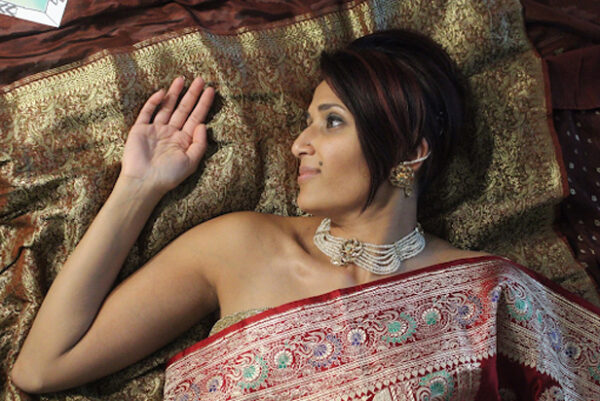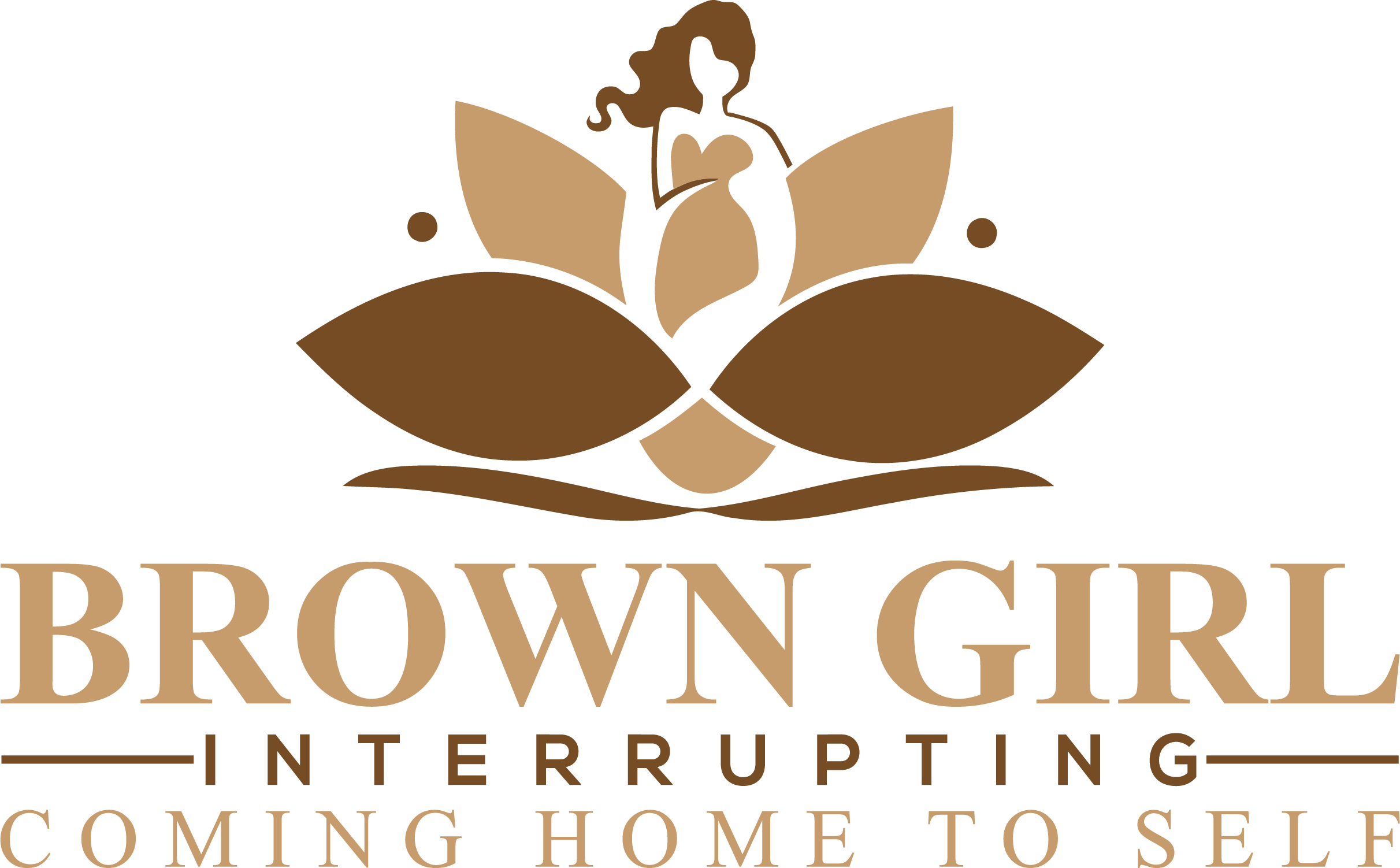May 20, 2021
“I am Brown to White people and White to Brown people” –
“The Hyphen” Harrison Chicas
This quote came from the Salvadorian- American spoken word artist sharing the story of what it is to be the hyphen between two cultural worlds. Although my story is not the same as Harrison’s, that statement has resonated with me since the first time I heard it three years ago through my work on race in education. Brown people might call me White, but White society definitely sees me as a perpetual brown foreigner. When you are stuck between two worlds and don’t feel fully whole in either, it leads to a constant examination of self.
A friend of mine who is a Black man and does work that leads him to meet and connect with people in their homes sent me a text about one of his visits. The text said he met someone who was from Bangladesh that had the same skin color as him. In itself, it felt like he just was reminded of some aspect of me in his daily life and shared a story about someone he felt a connection towards and was comfortable with. Today as I was reading a chapter on skin color in Ibram Kendi’s book How to Be An Antiracist. I reflected on his comment with a different lens.
I realized that when I got his message, there was a part of me that needed to prove that yes, my people have dark skin also. I have spent most of my life with my family proving I was brown and without recognizing it at the moment, the comment made me feel this need to prove my brownness once again. Whether you are light or dark skin, women of color carry personal baggage about our skin color and how we are perceived by others because of it.
I was born in the US and have lived my entire life here. My understanding of cultural values is based on what messages I inherited and heard from the family, community and of course the society I have been steeped within. As an adult, I continue to hear these sentiments in less overt ways through comments and jokes from my family, my children, and friends. I am a brown girl, I know I am brown and not White or Black. But what that means and how I move through the world is still a point of discovery and understanding for me. I sit in a strange space of being brown, yet not always brown enough.
It has come with benefits and drawbacks and left me wondering, why the color of my skin needs to be seen as either a benefit or a drawback. Who decided these values and categories we are so quick to adopt and create a reality around? Well, it’s no mystery who created them, but why we allow the messages to stay with us and at times define us impacts how much we truly love ourselves and know our worth.
The connection to skin color and identity spans the globe. We know it well in America because it’s part of the dynamics and history of how stratification of society has been set and who benefits and who is shafted. However, the stories of color lines within communities expand beyond the US soil into nations across the globe. The story for me is no different. The messages and value of skin color were present in my family and South Asia well before I was born. As many narratives about aspects of identity that we value are, this connection was through the colonization of this region by Great Britain.
What was already present in the hierarchy of society through the caste system was further deepened with the connection of lighter skin tones to being a goal to aspire towards. For me, the clearest indication of this is a skincare product I first heard of on a childhood visit to Pakistan called “Fair and Lovely”. The name says it all. To be fair is to be lovely and to be lovely you have to be fair.
Skin like mine, the color of honey. is considered fair. So I have been surrounded by the messages that I was given some gift by being born into the skin I wear each day when in reality it’s complicated my sense of belonging both within my home and outside of it.
My mother is the oldest sister and the matriarch of her biological sisters. The difference in skin tones between my mother and her two sisters is evident. Her gingerbread tone next to their light caramel is clear in the childhood photographs. For many Bangladeshi women, my mother’s tone or darker is not uncommon.
However, it’s never what something is, it’s about how we assign value and meaning to what we see. Naming the skin tone differences is easy, but unpacking the complexities of what that means is personal and can trigger emotions and insecurities.
I think deep down my mother equated her sisters’ lighter complexion with the ease of their lives. I have to also wonder how many messages she must have gotten from her family and the small community she was a part of about how she looked and what she internalized about beauty and value through that. Or if given the tension in our own relationship, she projected a resentment towards those with lighter skin because she knew of the opposite experience.
Still, my mother was a fireball, witty, intelligent, and charismatic, and not to be messed with. She held it all down without a blink of an eye during challenging childhood dynamics and relationships. She ended up falling in love in medical school with my father who was a Pakistani citizen, born in a region of northern India called Uttar Pradesh. His upbringing was the opposite of my mother’s in almost every way. So in many ways, he brought a sense of stability my mother craved and couldn’t create in her own childhood home. He also brought the genealogy of a family from northern India with lighter skin.
Similar to my mother’s side, there is a range of skin tones represented in my father’s family. But the range also includes chestnut hair, pale skin that almost looks White and hazel eyes. My older sister and I have always favored my father’s lineage and my older brother and younger sister my mother’s. Color wasn’t often spoken about, but when it came up it was in nuanced and passive ways.
When clothing was sent from abroad as gifts, although I was the second oldest of three girls, I was the last one to choose. The rationale everyone shared was because I could supposedly wear any color. This led to some garish outfits and bold color choices that I truly had no business sporting. This message made me feel I had no choice but to accept whatever everyone else wanted for me without question because I was supposedly “lucky”. In addition to this. the nickname my siblings and eventually my cousins called me was the “neighbors’ child”. Those neighbors were Jewish and White. Lovely people, but starkly different in skin tone to me.
I know that these are small comments and didn’t have detrimental impacts on my life on the surface. While I am searching for a better sense of myself and understanding who I am, these micro-moments still come up for me. So much that the line from Harrison Chicas poem, has sat with me and the text from my friend bothered me. The problematic patterns that this led to in my future relationships and over time are still being undone.
These patterns have shown up in many ways. In my lifetime I have only known either toxic relationships or unclear situationships. I struggled with finding real friends that were authentic and loved me for who I was until I was 23 years old. Of my four children, I have consistent and healthy relationships with one and she is a toddler. I have never known what is it to be loved and had a chance to openly in a safe space love someone else as a companion and partner.
Being of a lighter skin tone did not change any of these aspects of my life. I still struggled to advocate for myself, I only in the past two years have seen my own worth and I am unlearning behaviors that get in my own damn way all the time. I know that I have had many privileges in different ways throughout my life, yet I am also still grappling with the intersection of being a brown woman from a family of immigrants in a country that sees me as a perpetual foreigner.
The bottom line is this, skin colors vary among all racial and ethnic groups. But just like race, they are a social construct and we have been conditioned to seeing them through a spectrum of value. Doing this leads us to assume things about the people around us without understanding their stories and what they have grappled with and experienced in life. Among women, it also creates divisions and internalized hierarchies that lead to inauthentic relationships and jealousy or resentment. I can’t change this aspect about myself, but it’s my responsibility to understand how my family and the world may see this while not accepting anyone’s interpretation of it but mine.
That is where I am growing and learning to be comfortable and love all the parts that make me who I am. Which on the journey of healing and discovery of ourselves is all we can and need to do.



Leave a Reply